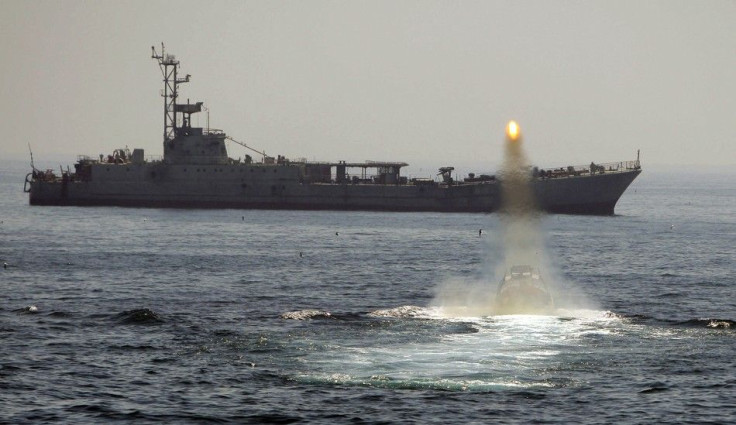Pre-emptive Move: Iran Stops Selling Crude to French, British Companies

Iran is not waiting for the European Union oil embargo to start on July 1. In a stern retaliatory move, Tehran announced on Sunday it will stop selling crude to French and British oil companies.
Exporting crude to British and French companies has been stopped. ... We will sell our oil to new customers, Oil Ministry spokesman Alireza Nikzad said in an official Web site post, Reuters reported.
European importers have already begun to scale back their supply from Iran in view of the EU oil embargo, which was announced in January as part of the diplomatic pressure on Tehran to halt the uranium enrichment.
Iran insists that its nuclear projects are meant only for peaceful purposes. Last week, Iranian nuclear establishment announced that it has made major advances into nuclear technology by developing advanced centrifuges.
It has also threatened that a Western oil embargo will force it to close the Strait of Hormuz, through which more than a third of the world's tanker-borne crude passes. The U.S. has warned Iran that such a move will never be tolerated.
In view of the worsening crisis, and the talk of an imminent Israeli attack on Iran's nuclear plants, several European oil majors have either stopped purchase from Iran or scaled back volumes.
Reuters reported that the flow of Iranian oil to the continent in March will be less by more than a third - or over 300,000 barrels daily.
France's Total has already stopped buying Iran's crude, the report says, while Royal Dutch Shell has reportedly scaled back sharply.
Beleaguered Iran has reiterated that it's prepared to face the consequences of big European buyers going off the buyers' list. It instead bets on the higher prices to add equilibrium to its economy, which is largely based on oil revenue.
Helped by the Middle Eastern supply worries and Iran's threat of blocking the Strait of Hormuz, global oil prices have remained high in recent weeks.
Brent crude, which posted its fourth consecutive weekly gain, also topped $120 a barrel in the week, before ending slightly lower on Friday.
The U.S. crude for March delivery settled at $103.24 a barrel, gaining 93 cents, or 0.91 percent, topping the $103.22 close from Jan. 4, Reuters reported. It was the highest finish since front-month crude ended at $103.88 on May 10.
© Copyright IBTimes 2025. All rights reserved.





















